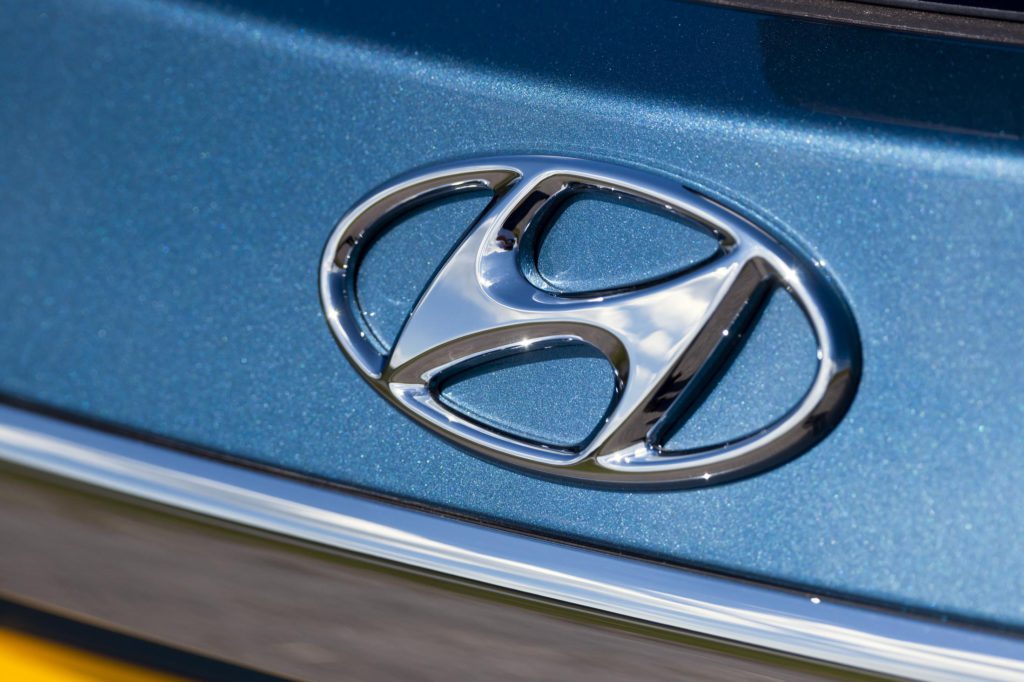Hyundai mobility investment sparks Korean interest
17 October 2019

17 October 2019
Hyundai Motor Group is to invest heavily in mobility technologies in an effort to become more competitive in the autonomous vehicle market.
The carmaker is to pump â‚©41 trillion (€31.3 billion) into its plans while also receiving backing from South Korea’s Government. The carmaker will use the money to develop autonomous, connected and electric vehicles for mobility networks.
The country’s Government has also unveiled more funding for autonomous vehicle technology, with President Moon Jae-in declaring that he expects self-driving cars to account for half of all new-vehicle sales in South Korea by 2030.
Government backing
Moon Jae-in said Korean companies would invest â‚©60 trillion (€46 billion) over the next decade into the future of transportation.
′The self-driving market is a golden market to revitalise the economy and create new jobs,’ Moon said in a speech at Hyundai Motor’s research centre near Seoul. ′We will be the first nation that commercialises self-driving cars in the world. So far, the policies related to self-driving have been based on Level 3 (autonomy), but we now aim to commercialise fully-automated driving cars in level 4 by 2030.’
The Government intends to spend â‚©1.7 trillion (€1.3 billion) between 2021 and 2027 on self-driving technology. It expects Hyundai to launch Level 4, or fully autonomous, cars for fleet customers in 2024 and for the public by 2027, an industry ministry official told Reuters.
Moon hopes that the investments by both his government and Hyundai will create jobs and boost the export-dependent economy that has been hit hard by global trade tensions. In addition to mobility, the President is hopeful about hydrogen technology, calling it the ′future bread and butter’ of Asia’s economy.
Limited promise
While Moon’s comments, based on Hyundai’s investment, can be seen as a way of boosting the country, a recent report on future automotive technology found that South Korea lags in areas such as artificial intelligence, sensor and logic chips that would make it difficult to achieve the ambitions set out.
′Hyundai has to buy technology from someone else because it lacks software technology,’ Esther Kim, an analyst with Samsung Securities, told Forbes. ′Even though it has a lot of cash, this could become a financial burden if its earnings deteriorate.’
Continuing investment
The news of Hyundai’s investment comes as it announced a partnership with technology firm Aptiv. The venture will advance the design, development and commercialisation of level 4 and level 5 autonomous technologies, giving the carmaker an opportunity to lead the field in fully driverless vehicles.
The new partnership will begin testing these systems next year and have a production-ready autonomous driving platform available for robotaxi providers, fleet operators, and automotive manufacturers in 2022.